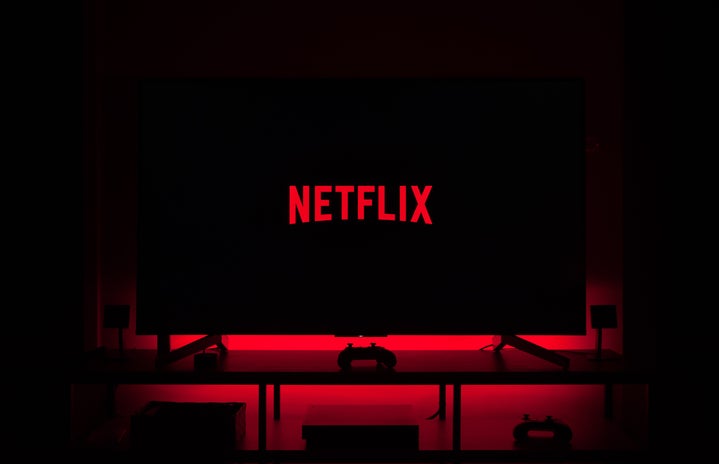The 2010s have seen a rise of the Marvel universe on the silver screen, network TV, and now, Netflix. With a contemporary take on each of the classic comics, Jessica Jones has been the latest Marvel star to make it to New York City (and our list of must-watch Netflix binges). She’s not here to be the token hero who saves the day; she’s dark and rough around the edges. You could even argue that she’s the anti-hero. And we just can’t get enough of her.
By producing the series in-house and airing it on Netflix instead of network TV, the creators had much more freedom to explore the darker themes in the series (there are plenty of them) that networks might feel squeamish airing.
From the beginning, we see the full extent of Kilgrave’s demented God complex and the scars left on those who walk away from him. We see this in Jessica’s PTSD and the low-key alcoholism that allows her to cope with her survivor’s guilt. We even get a glimpse into what superhero sex is like—but hey, we’re not here to spoil everything!
What was probably the most refreshing aspect of Jessica Jones was the characterization of Jessica herself. It’s so gratifying to see a multidimensional female character that doesn’t simply serve as one cliché or another. She’s not just the hyper sexualized “hot girl”, she’s not the “tearful victim”, and she’s not waiting for her superhero beau to save her. Jessica is gruff and imperfect and has no problem re-wearing her jeans for the sixth time this week (holla, Jess).
In a sentence, Jessica is not a caricature of a woman, like so many female characters are made out to be in film and TV. This may have something to do with the fact that female producer Melissa Rosenburg created the series. It’s about time that we have a badass like Jessica whose character is entertaining not because of demeaning clichés but because she’s actually well developed.
That’s not to say that Rosenburg doesn’t fall into any clichéd tropes in the series. One that’s particularly eye-roll worthy is the steamy, extramarital love affair between high-profile attorney Jeryn “Jeri” Hogarth and her sexy little blonde secretary, Pam. This was particularly obnoxious in light of the development that went into Jessica’s character, steering her clear of the stereotypes. While the affair with Pam did ultimately show how much Jeri had to lose by being so driven to ‘win’, it didn’t contribute much else to the series.
It was honestly disheartening to see such an otherwise interesting character like Jeri fall into that pattern of being objectified in order to be seen as ‘interesting’. Maybe the writers could masquerade the affair as an inclusive nod to the LGBTQ community, but in reality it just objectifies that group as well. Their relationship is interesting because they’re hot women, they have sex with each other, and have some NSFW encounters at work. That reads more like an overdone porno plot than a bold creative decision worthy of accompanying this incredibly well produced work.
All in all, Jessica Jones was worth every second of the 13 episodes. It explored dark and pervasive questions about human nature, and what really determines the judgments we like to pass as good and evil. Jessica’s wit and sarcasm rolled just as quickly as her punches, which kept the show entertaining and light enough to invoke plenty of laughs. The series has the best of it all, minus laser eyes, and we’ll eagerly await the arrival of season two.
A.K.A Until we meet again, Jessica.

